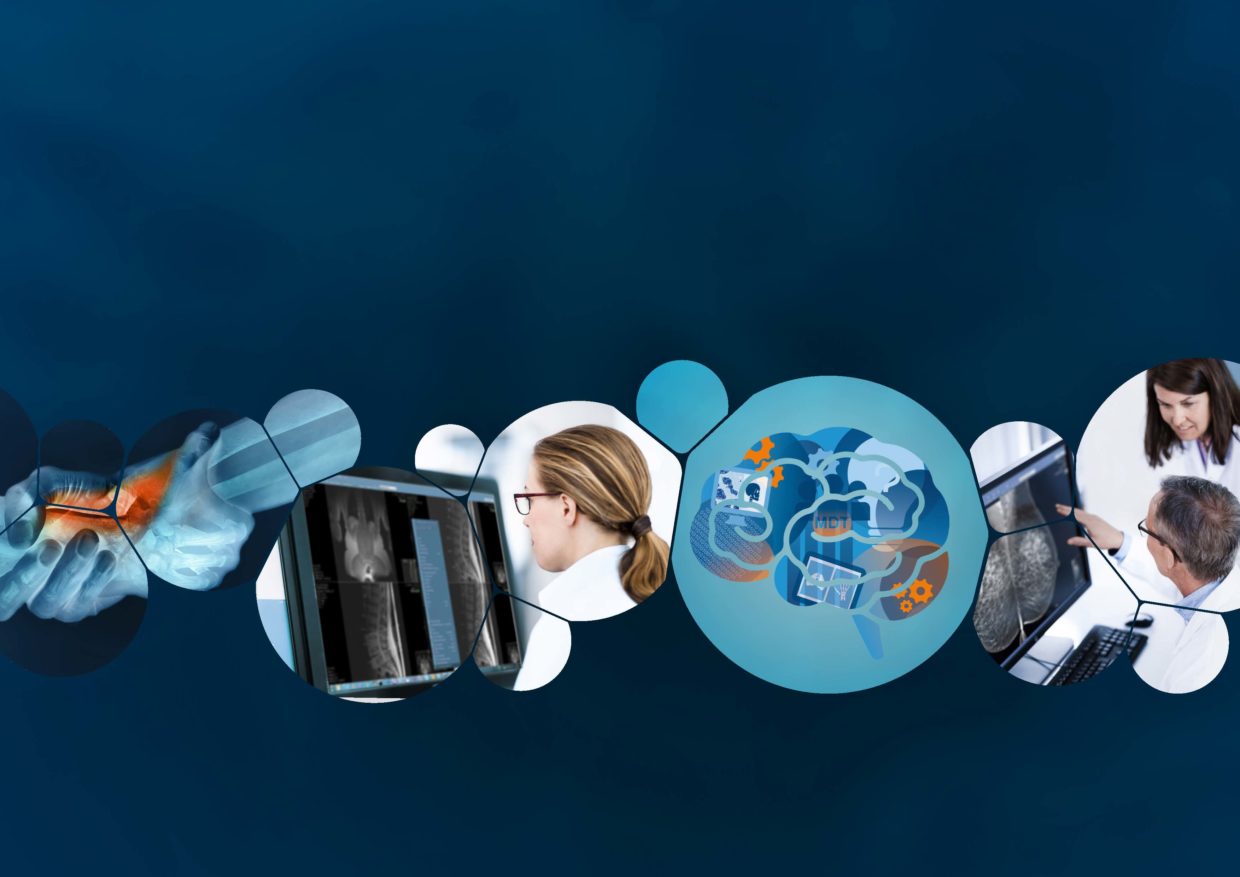AI and machine learning are set to disrupt the practice of radiology. How and to what extent, we do not yet fully know. However, rather than stop training radiologists and start replacing them as a few suggest, we and many others consider machine learning to be a technology that can support radiologists in their daily work, providing increased efficiency and quality of care. But what does this combination of radiologists and machine learning look like? Who is in the driver’s seat and when?
Using a case of prostate cancer as a clinical example, we asked radiologists in three of Sectra’s key markets (Scandinavia, Benelux, and the US) for their perspectives on machine learning in radiology. What do radiologists think are the right tasks for machine learning applications? Where on a scale between supportive workflow-related tasks and making diagnostic decisions do radiologists see a value in machine learning applications? And can the results from machine learning algorithms be trusted?
The radiologists participating in the survey were told a story describing a future workflow scenario focused on reading multiparametric-MRI (mp-MRI) of the prostate. Machine learning is used throughout the story to support the radiologists in their work. The radiologists were presented with several statements concerning the use of machine learning, and their responses to these statements are presented in this report.
